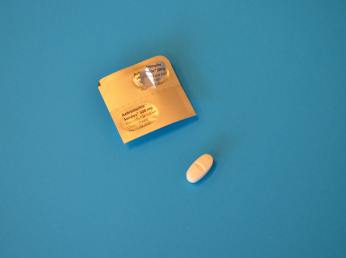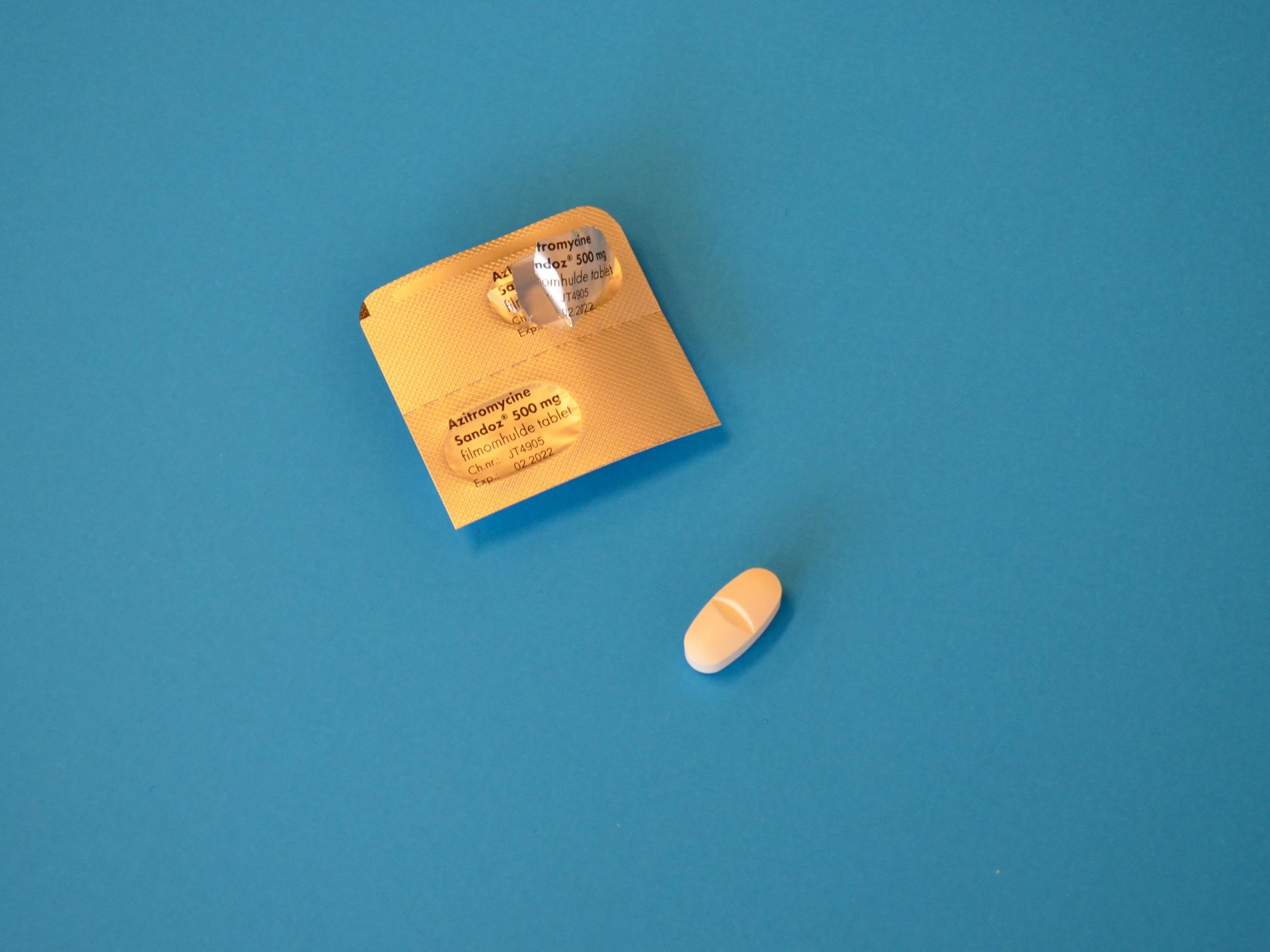
A new clinical trial is scheduled for what was once known as AMG714. It is now Pro015 due to the licensing and funding agreement between Amgen and Provention Bio.
Details
The ProActive Celiac study is a 35 week study. The first 28 days (4 weeks) are the screening period. The treatment period is 28 weeks long with a 4 week follow up.
Treatment does not involve a gluten challenge, but participants simply have to follow their gluten free diet. Every two weeks participants will go to study sites to receive study medication and health screenings. During visits doctors will collect stool, urine, and blood samples. An endoscopy will be done at the beginning and end of the study period. Also participants will be required to enter into an electronic diary regarding their symptoms.
Study locations include Leesburg, Naples, and Winter Park in Florida. Other sites are Chesterfield, Michigan; Warwick, Rhode Island; West Jordan, Utah; and Tacoma, Washington. There may be additional sites added as the study goes on.
The Problem
In the press release from Provention Bio says, “PRV-015 has been studied in six completed clinical trials to date. In a prior randomized double-blind, placebo-controlled Phase 2a study in 63 adults with celiac disease, PRV-015 reduced intestinal inflammation and symptoms associated with celiac disease after a controlled gluten challenge as compared to placebo. Specifically, at 12 weeks, a decrease of 38% (p=0.02) % in the CeD-PRO symptom measure and a decrease of 38% (p=0.03) in intestinal intraepithelial lymphocytes was observed.”
Unfortunately, I cannot find reference to this study or these results anywhere. Every study I am able to find says that the drug did not meet the primary endpoints of reduced symptoms, reduced damage to villi, or reduction in abherrant intraepithelial lymphocytes.
The conclusion in the scientific research regarding the refractory celiac type 2 study says, “there was no difference between the groups in terms of the primary endpoint of aberrant intraepithelial lymphocyte reduction from baseline.” The second sentence says, “Effects on symptoms and other endpoints suggest that further research of AMG 714 may be warranted in patients with refractory coeliac disease type 2.” Also, these results were published in 2019. But the Proactive Celiac study isn’t limited those with refractory celiac type 2.
According to that same study, there was a reduction of diarrhea as a symptom in the AMG group. But of the people that received the drug, there was a significant number of them that caught a cold (nasopharyngitis) vs the control group.
Another study published in 2019 engaged celiac patients with a gluten challenge. The study conclusion says, “change in VHCD ratio from baseline after 12 weeks of treatment in patients with coeliac disease undergoing gluten challenge, was not significantly different between placebo and AMG 714.” VHCD stands for villous height-to-crypt depth.
There are other results that may indicate things work better than anticipated. They say, “Secondary endpoints were CD3-positive intraepithelial lymphocyte density; clinical symptoms measured by gastrointestinal symptom rating scale (GSRS), coeliac disease GSRS, and Bristol stool form scale (BSFS); and changes in anti-tTG and anti-DGP antibodies from baseline.” and the body states, “Clinical symptoms were ameliorated with AMG 714 treatment between baseline and week 12, particularly diarrhoea.” But anti-TTG and anti-DGP antibodies increased in all groups – placebo and two dosage levels. And no statistical difference in VCHD.
So, maybe they are hoping that reduction in symptoms on a normal gluten free diet as compared to one with a gluten challenge?
Finally, they said that 75% of participants are going to get the trial medication. Which is a great thing – the more people that get the drug the more people might be willing to participate.
Here is a link to the website to register for the trial. Here is the press release from the sponsors. Here is the link for the clinical trial information from ClinicalTrials.gov.
Summary
I’m glad to see this medication in clinical trials. I hope it works for celiac symptoms and more. Baby steps are still steps on the path moving forward.
Please consider entering this clinical trial if you are able. There is no gluten challenge and the steps you take today could help us all tomorrow.https://fatceliac.net/2020/06/20/my-celiac-journey/

Leave a Reply